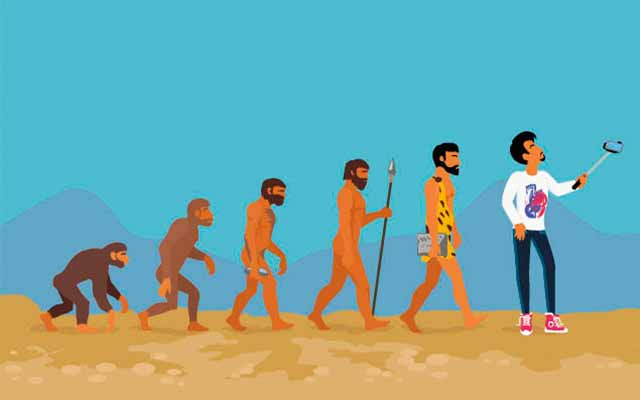With expanding technology, anthropologists have turned to social media to examine cultural aspects of different countries. Since technology impacts the daily lives of most people, anthropologists have begun to study how digitalization affects what it means to be human. In the global anthropological research project “Why We Post” anthropologists studied the uses and consequences of social media. Nine anthropologists spent fifteen months in nine communities around the world analyzing the role of social media in societies. They took a comparative approach studying the effects of social media around the world and examined the increasing importance of images and technology in communication. They noticed sociological concepts such as communities and networks online and the reach and mobility of digitalization. They studied how social media influenced politics, education, gender, commerce, privacy, and equality. Their findings were very interesting, and they concluded that social media does not increase individualism, social media does not detract from education, and digital photography technology aids in communication and self-expression. They discovered the diversity of social media around the world, and the importance of digital anthropology with the growing technology of the world.
Digital anthropology is the branch of anthropology concerned with understanding the digital world as a means to study humanity and culture. Digital anthropologists study the cultural and social context of social media and technology and examine their uses and consequences. They study the changing dynamic of digitalization, such as the proliferation of viral images, fake news, hacking, communication media, digital capital markets, and more. Holistic ethnographers strive to understand the involvement and relationship between people and digital technologies. Furthermore, they strive to minimize generalizations about digital technology that are not based on in-depth comparative studies by spreading awareness on the influence of technology in countries across the globe. They strive to assess the consequence of digital technology with studies of all populations through virtual ethnography. They use critical analysis, participant observation, holism, methodological relativism, comparison, and reflexivity in their research of digital technology. The benefits of digital anthropology are far reaching, with the ability to analyze the effects of artificial intelligence through studies of how people interact with technology. They are able to observe the cultural and technological evolution of humans and the future possibilities for humanity.
As I was researching digital anthropology, I was inspired by the blog “Anthropologizing” created by researcher Amy Santee, in which she posted about COVID-19 and meme culture. In light of recent events and national pandemics, I wanted to further research and discuss how memes and social media platforms can reflect culture.
Memes portray values of society and are a form of cultural expression. While memes are meant to be entertaining, they can reflect political, social, and cultural ideologies, and unite people under shared understanding of an event. Memes can also help promote stronger relationships and solidarity among communities. Memes are, in a way, a language, and can connect people despite language barriers and differences. Especially during difficult times, memes can be a way of coping. During COVID-19 and quarantine, social media and memes can be a way to connect and socialize without being in person. Digital anthropologists can utilize memes in their cultural studies to analyze cultural evolution, cultural transmission, and cultural diffusion.
I have included some memes reflecting current events. I believe these images to be not only entertaining but also enlightening on societal emotion and ideology.
The above memes certainly reflect the cultural change within the past few months, as they demonstrate the changes many have faced in their personal life and professional life.
Sources:
https://www.ucl.ac.uk/why-we-post/
https://www.anthroencyclopedia.com/entry/digital-anthropology

